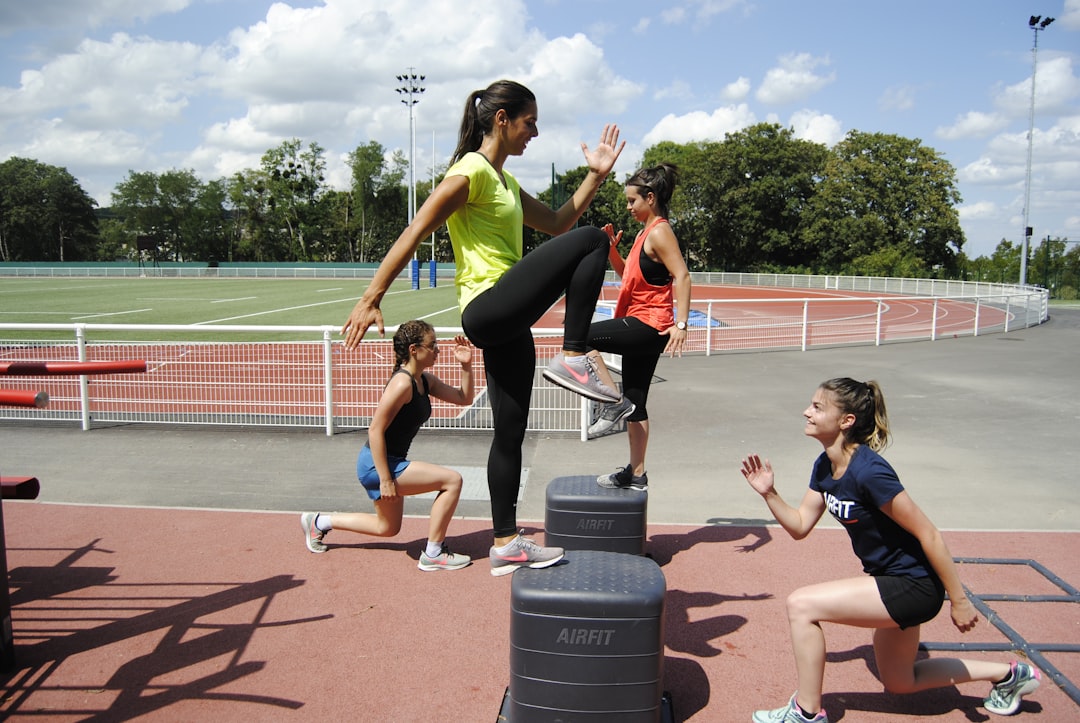Sports nutrition is a critical aspect of any athlete’s performance. Whether you are a professional athlete or simply looking to improve your fitness levels, understanding how to fuel your body properly can make a significant difference in your overall performance. In this ultimate guide to sports nutrition, we will cover everything you need to know about how to optimize your diet for peak performance.
The Basics of Sports Nutrition
Sports nutrition is essentially the practice of consuming specific foods and supplements to optimize athletic performance. It involves a careful balance of macronutrients – carbohydrates, proteins, and fats – as well as micronutrients, vitamins, and minerals. Proper nutrition can help athletes improve their endurance, strength, and overall performance while also aiding in recovery and reducing the risk of injuries.
Carbohydrates are the primary source of fuel for athletes as they provide energy for both endurance and high-intensity exercises. Protein is essential for muscle repair and growth, while fats are important for overall health and energy storage. Vitamins and minerals play a crucial role in various bodily functions and can help prevent deficiencies that may hinder athletic performance.
Top Foods for Athletes
When it comes to fueling your body for sports, it’s important to focus on whole, nutrient-dense foods that will provide you with the energy and nutrients you need to perform at your best. Some of the top foods for athletes include:
– Lean meats, such as chicken, turkey, and fish, are excellent sources of protein for muscle repair and growth.
– Whole grains like brown rice, quinoa, and oats are rich in carbohydrates that provide sustained energy for workouts.
– Fruits and vegetables are packed with vitamins, minerals, and antioxidants that can help boost immune function and reduce inflammation.
– Nuts and seeds are great sources of healthy fats that can help with energy storage and overall health.
– Dairy products like milk, yogurt, and cheese are rich in protein and calcium, which are essential for bone health and muscle function.
In addition to these whole foods, athletes may also benefit from using sports nutrition products like protein powders, energy gels, and electrolyte drinks to optimize their performance during workouts and competitions.
Timing Your Nutrition
In addition to what you eat, when you eat can also have a significant impact on your performance. Timing your meals and snacks around your workouts can help ensure that you have enough energy to perform at your best. Here are a few key tips for timing your nutrition for optimal performance:
– Pre-workout: Consuming a balanced meal or snack containing carbohydrates and protein 1-3 hours before your workout can help fuel your muscles and provide sustained energy.
– During workout: For longer endurance workouts, consider consuming a sports drink or energy gel to help maintain blood sugar levels and hydration.
– Post-workout: Eating a meal or snack containing protein and carbohydrates within 30 minutes to an hour after your workout can help replenish your glycogen stores and promote muscle recovery.
Hydration is also a key component of sports nutrition, as even mild dehydration can significantly impact your performance. It’s important to drink water throughout the day and during workouts to ensure that you stay properly hydrated.
Supplements for Sports Performance
While a balanced diet should be the foundation of any athlete’s nutrition plan, supplements can also play a role in optimizing performance. Some of the most popular supplements for athletes include:
– Protein powders: Whey protein is a popular choice for athletes looking to increase their protein intake for muscle repair and growth.
– Creatine: Creatine is a naturally occurring compound that can help improve strength and power output during high-intensity exercise.
– BCAAs: Branched-chain amino acids are essential amino acids that can help reduce muscle soreness and aid in recovery.
– Vitamin D: Many athletes are deficient in vitamin D, which plays a crucial role in bone health and immune function.
Before adding any supplements to your nutrition plan, it’s important to consult with a registered dietitian or sports nutritionist to ensure that they are safe and appropriate for your individual needs.
In conclusion, sports nutrition is a key component of any athlete’s performance. By fueling your body with the right balance of macronutrients, micronutrients, and hydration, you can optimize your performance, support recovery, and reduce the risk of injuries. Whether you are a professional athlete or simply looking to improve your fitness levels, following the ultimate guide to sports nutrition can help you take your performance to the next level. Remember that every athlete is unique, so it’s important to experiment with different foods and timing strategies to find what works best for you. With the right nutrition plan in place, you can achieve your athletic goals and reach your full potential.


